
Features
India: Digitally Increasing Financial Inclusion
Unlike traditional brick-and-mortar retail banking locations, the digital bank units will enable 24/7 cash deposits and withdrawals.
Global news and insight for corporate financial professionals
Join the global community of corporate and public-sector finance industry leaders reading Global Finance monthly in print.
Click Here
Features
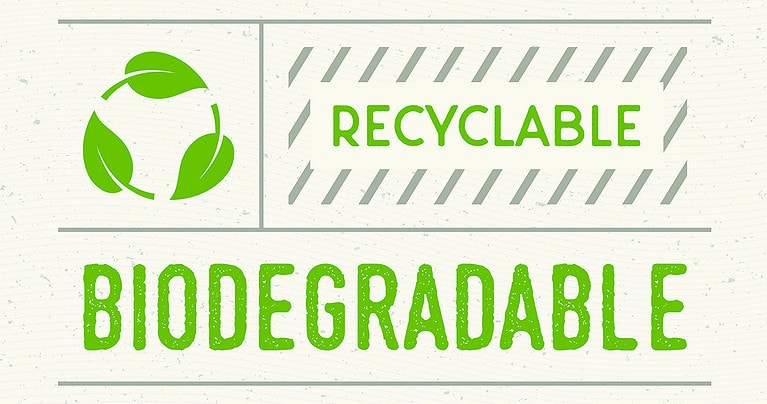
News
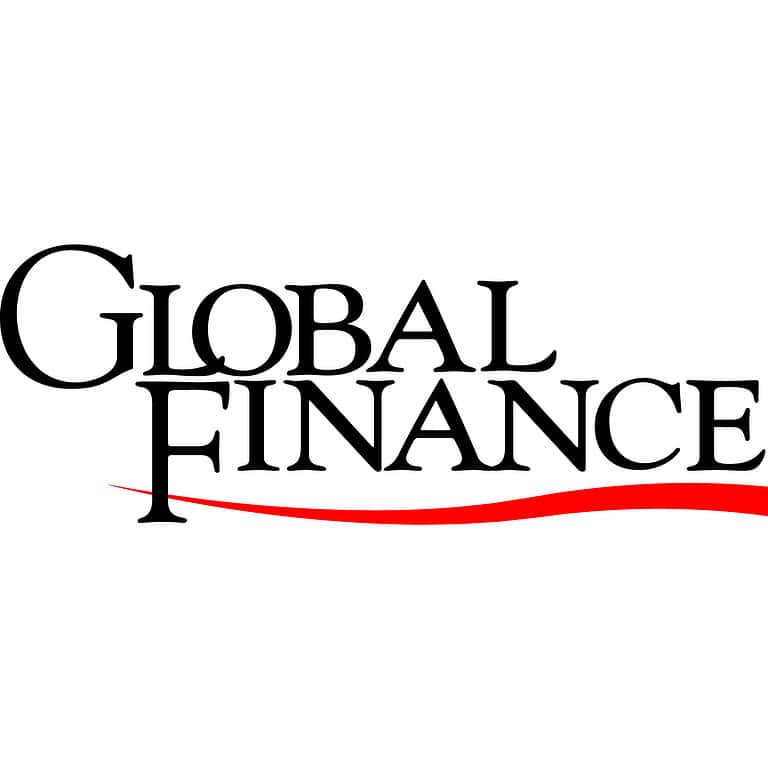
News

Features
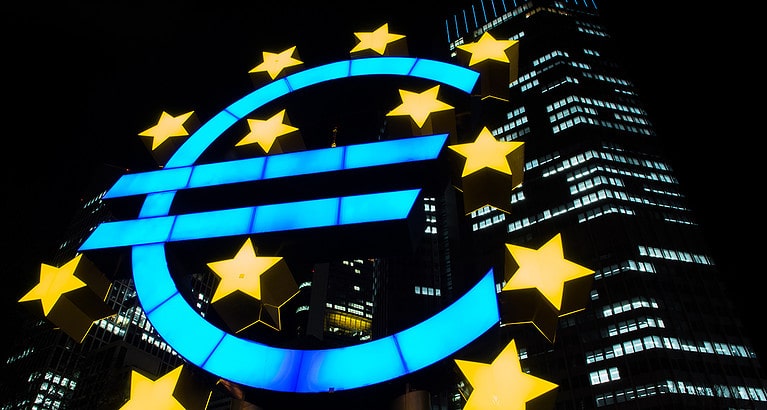
Economics, Policy & Regulation

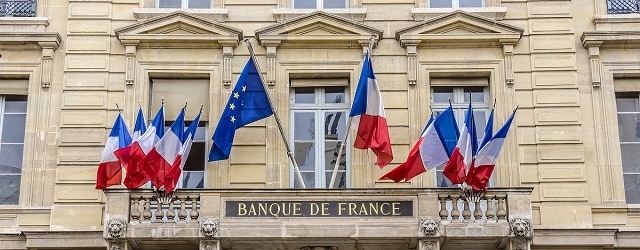
Features

Features

Economics, Policy & Regulation
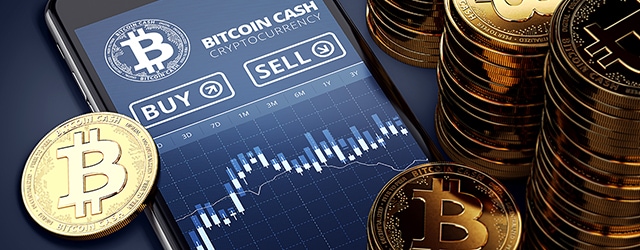
Features

Features

Features